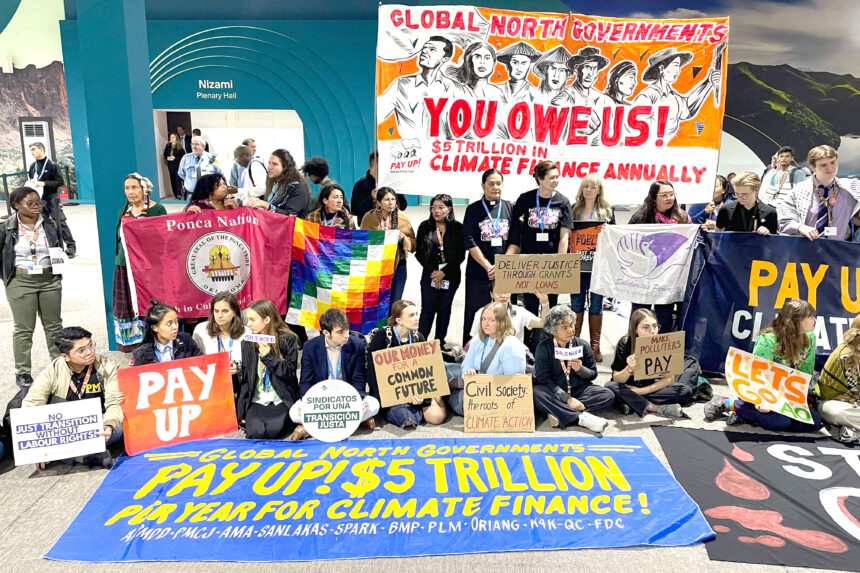BAKU – Colombian environment minister Susana Muhamad, who is the president of the COP16 UN conference on biodiversity, expressed confidence that a key financial accord for species’ protection could be reached “in the first quarter of 2025”.
Delegates failed to agree a financial roadmap at the Cali summit earlier this month. But Muhamad told AFP on the sidelines of COP29 climate talks in Baku on Saturday, she was confident of an agreement early next year.
The 196 member countries of the UN Convention on Biological Diversity left Cali two weeks ago, unable to agree a financial plan to bolster efforts to halt the destruction of nature by 2030, despite discussions over-running by hours.
Instead, participants adopted a plan for a multilateral fund designed to be supplemented by private firms profiting from the digital sequencing of genome source information.
Muhamad noted that this in itself constituted a “groundmaking mechanism” to foster investment in biodiversity conservation. There had been further progress on setting a wider roadmap to finance biodiversity, she added.
“Hopefully in the next plenary, we should be (able) in the first quarter of next year to close COP16, (and) we will be able to get to that agreement …in the first quarter of 2025,” she told AFP.
A formal signing of the dossier would likely come at the secretariat of the Convention on Biological Diversity in Montreal, she added.
The Cali summit drew an unprecedented 23 000 participants to the largest summit yet on biodiversity, seeking to push beyond the timid application of the Kunming-Montreal accord two years ago to save the planet from deforestation, overexploitation, climate change and pollution.
Meanwhile, Donald Trump’s Republican allies in Congress showed up at the UN climate talks to tout natural gas and nuclear energy, but they tiptoed around the elephant in the room: a looming US withdrawal from the Paris agreement.
President Joe Biden’s climate envoys have sought to reassure delegates in Baku this week, telling them that Trump’s planned pullout from the pact would have little impact on the global battle against climate change.
The handful of Republican lawmakers who made the trip to Azerbaijan’s capital on Saturday represent states that are home to oil fields, coal mines and auto-manufacturing.
Morgan Griffith, a congressman from Virginia and member of the House energy committee, told AFP that he has supported the Paris agreement in the past.
Asked if he would back a withdrawal, he said: “We don’t want to get in front of the president.
“It just depends on, you know, what we deem is in the best interest of the United States,” he added.
Under the Paris agreement, signatories aim to achieve net-zero emissions by 2050 in the hope of reaching the ideal target of limiting global warming to 1.5 degrees Celsius from pre-industrial levels.
The Republicans, with their backing of the oil and gas sectors, offered a contrasting vision of the fight against climate change to many of the delegates and activists attending the COP29 conference.
– Nampa/AFP


